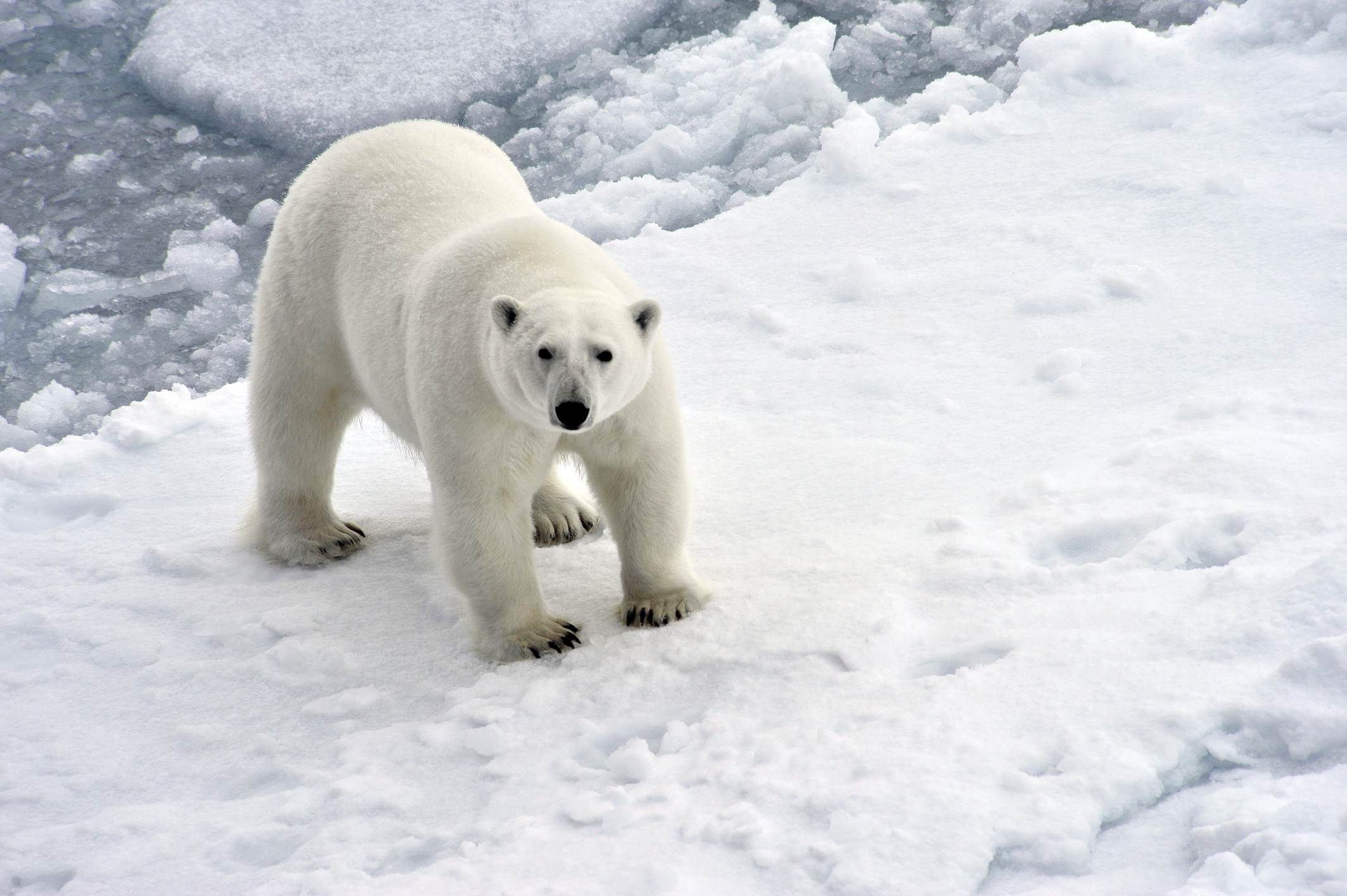ID :
606283
Thu, 08/19/2021 - 12:48
Auther :
Shortlink :
https://oananews.org//node/606283
The shortlink copeid
Expedition to study polar bears, walruses departs from Arkhangelsk

ARKHANGELSK, August 16. /TASS/. An expedition onboard the Ivan Petrov scientific-research vessel on Friday departed from Arkhangelsk to study polar bears and walruses on islands of Novaya Zemlya and Franz Josef Land, Rosneft’s press service told TASS.
"The expedition is organized by Rosneft’s Arctic scientific center and the Severtsov Institute of Ecology and Evolution," the press service said. "It is the second expedition under the project to study the Kara-Barents marine population of polar bear and Atlantic walrus."
"Within a month, the scientists will observe and calculate the animals, which are on Russia’s Red Data Book," the press service added. "The scientists will study the animals’ food supply and migration routes."
The expedition participants will be divided into two groups: one group will remain at Cape Zhelaniya, the northern tip of the Novaya Zemlya archipelago’s Severny Island, at a base of the Russian Arctic national park. The group members will observe polar bears.
Walrus research
The second group will head for the Oran Islands, Franz Josef Land, and the Victoria Island to survey the Atlantic walrus rookeries. During all sea crossings, the scientists will continue observations to detect animals on the ice or in the water. Air surveys — the methods used a year earlier — are planned for all known walrus rookeries. Silent drones will be used to count the animals. This method is considered the safest, most accurate and least stressful for animals.
The scientists will use remote-controlled underwater vehicles near discovered rookeries to conduct video surveys of bottom communities. "We will sample the benthos — the feed base, and bottom animals to study the walrus feed base; we will also use video recording to study the benthos — onboard the ship, we have underwater robots and cameras," Victoria Melnikova, a representative of the Moscow State University told TASS. This way, the experts will assess the feed base in the area.
The expedition plans to study the genetic diversity of animals, how their migration routes depend on the ice situations, as well as diseases and the pollution. They will install photo traps to see the animals lying on the Arctic islands.
In early 2020, Rosneft and the Ministry of Natural Resources and Ecology signed an agreement on cooperation under the Ecology national project. Rosneft is implementing a corporate program to study, preserve and monitor key species — bio indicators of the Arctic ecosystems’ stability. In addition to polar bears and walruses, experts study wild reindeer and white gull — a rare seabird species, which is on Russia’s Red Data Book.
Read more





